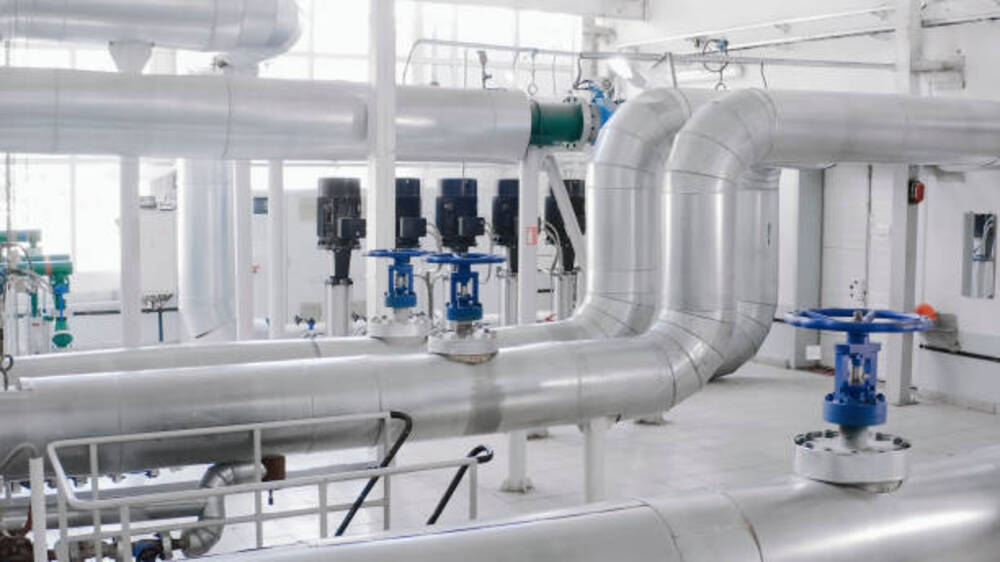German heating system suppliers are committed to rolling out electric heat pumps on a large scale to replace oil and gas boilers and reduce carbon emissions.
Markus Staudt, the managing director of the Federation of German Heating Industry (BDH), stated that the industry is committed to supporting government goals to install 500,000 new pumps each year from 2024, and that producers were revving up capacities to meet this target.
Flexibility is needed for measures to reduce carbon
However, the industry suggests that lawmakers must be flexible in options to cut the sector’s carbon footprint. Staudt stated that the 11 million old and inefficient heating systems and those installed in recent years should be given a chance to continue running partly on green gases. The industry believes that banning oil and gas too soon would be technically and financially unrealistic.
Hybrid solutions to reduce carbon footprint
The Economy and Housing ministries are proposing new heating systems to use at least 65% CO2-free energy as an input source from 2024. The industry believes that a ban on oil and gas would close the door to hybrid systems that could gradually introduce more home-produced solar thermal and photovoltaic energy and fill existing gas pipelines with renewable-derived gases.
According to BDH data, among the 980,000 new heating units put in last year, 236,000 were heat pumps, and their sales were up 53%. However, some 598,500 units installed in 2022 still rely on gas, and the remainder on heating oil and biomass, such as wood pellets from sawmill industry waste.
Helmut Bramann, the managing director of another sector lobby, ZVSHK, suggested that an all-electric solution would require an urgent and costly power network expansion, which would be technically and financially unrealistic. Bramann believes that a ban on oil and gas would also prevent the possibility of introducing hybrid systems that could utilize more home-produced solar thermal and photovoltaic energy and fill existing gas pipelines with renewable-derived gases.
German government plans to reduce carbon
The German government aims to cut CO2 emissions in buildings, as the sector consumes over a quarter of all energy in Europe’s biggest economy and emits 15% of its CO2. Economy Minister Robert Habeck has promised financial support for modernizing homes, while the government is due to launch policies to cut CO2 in buildings.
While the German heating system industry supports the government’s goals to reduce carbon emissions in buildings, they suggest that lawmakers must be flexible in options to achieve these goals. Banning oil and gas too soon would be technically and financially unrealistic, and the industry believes that hybrid systems that could gradually introduce more renewable energy should be considered.

